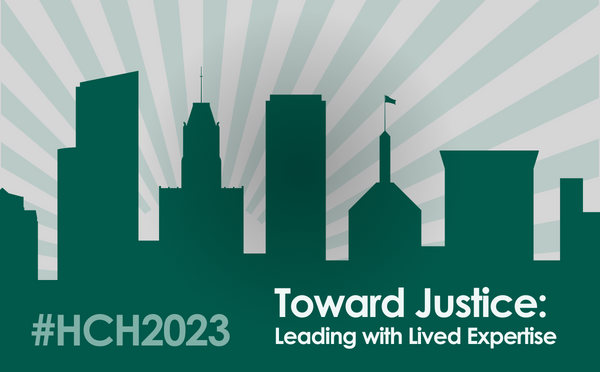Treating Alcohol Use Disorder in the Primary Care Setting
People experiencing homelessness experience high rates of alcohol use disorder, estimated to be as high as 40%, and increased morbidity and mortality from alcohol use, as well as increased barriers to treatment including limited financial resources, limited insurance coverage, photo ID requirements, comorbid physical and mental health conditions, and stigma. The most accessible place for […]
Treating Alcohol Use Disorder in the Primary Care Setting Read More >>


